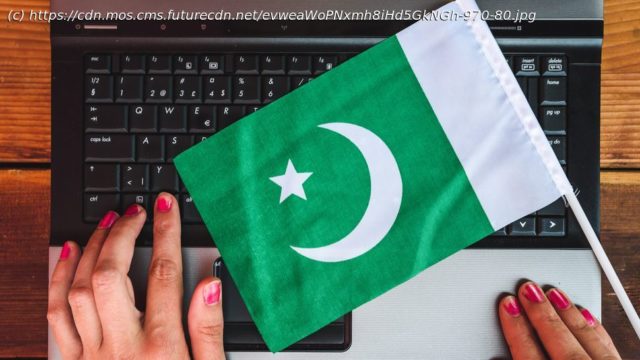Citizens can still bypass some restrictions, but laws are changing
Imagine waking up one day, trying to access your social media account—you might want to read the news or chat with friends, who knows—and getting an “Oops, something went wrong” alert mocking you from the center of the screen. Well, that’s what people in Pakistan have been experiencing every day since last February.
Pakistan authorities began blocking social platform X (formerly known as Twitter) on February 17, 2024, about a week after completely restricting the internet before and during election day as an alleged “security measure.” However, while these large-scale disruptions lasted just a few days, the X ban is still ongoing at the time of writing, forcing citizens to turn to the best VPN services to access the app.
It isn’t the first time Pakistan has pulled the plug on the internet in times of crisis. Authorities left people in the dark for 694 days between February 2022 and December 2023 alone—as digital rights advocacy group Access Now’s latest report can reveal. Yet, internet control is getting tougher and tougher.
The founder of internet watchdog NetBlocks, Alp Toker, has been live-monitoring these incidents since 2017. He told me: “Internet access in Pakistan has always been tightly controlled, though the period 2023 to present has seen spiraling restrictions most frequently linked with political events and, in particular, in connection with Imran Khan’s opposition movement.”
As a result, Pakistanis had to learn to cope with an increasingly restricted digital world. A VPN (short for virtual private network) is, so far, people’s favorite method of resistance.
A VPN is security software that encrypts your internet connection, boosting your privacy and anonymity, and allowing you to browse the web without third parties watching over your shoulder. VPNs also mask your real IP address, fooling the sites you visit into thinking you’re in a different country entirely.
In Pakistan, citizens can connect to one of the many VPN servers located outside the country to gain access to the banned X app—and they are reportedly doing so en masse.
Proton VPN first recorded a staggering 6,000% increase in VPN sign-ups last year in May when a social media blockage was enforced during widespread protests over the arrest of former Prime Minister Imran Khan. X, Facebook, Instagram, and YouTube went all dark in what Toker described to the BBC as “the most severe censorship that we’ve tracked for Pakistan in recent times.”
Proton confirmed three more moderate spikes in VPN sign-ups earlier this year. These led to a 400% increase in VPN usage starting from January 2024 as authorities blocked major social media platforms a month before elections. The reason? It was the day that Khan’s party, PTI, launched its election fundraising telethon online.
The VPN provider keeps seeing a steady increase in users signing up and continuing to use its service to this day, with daily user numbers currently around double what they were at the start of the year.
“Proton VPN users are successfully connecting to the Internet despite blocks,” Antonio Cesarano, Product Lead at Proton VPN, told me. “VPNs are becoming an increasingly necessary tool for Pakistani people to exercise their fundamental human rights to freedom of information and communication.”When a VPN isn’t enough
VPNs are the perfect solution to bypass blocks on specific apps or websites. However, the tools are helpless against total internet blackouts. After all, you still need to be able to connect to the web to access a social media service—whether it’s banned or not.






